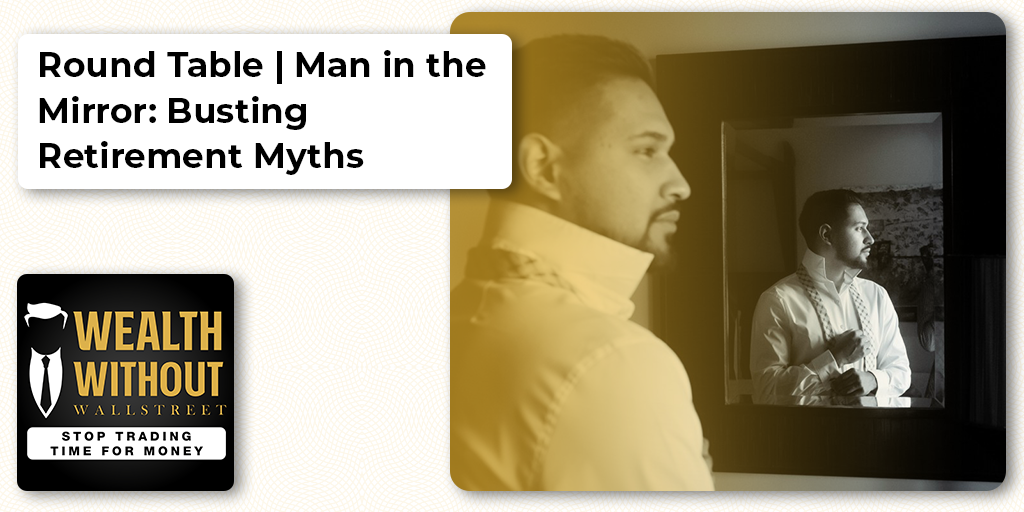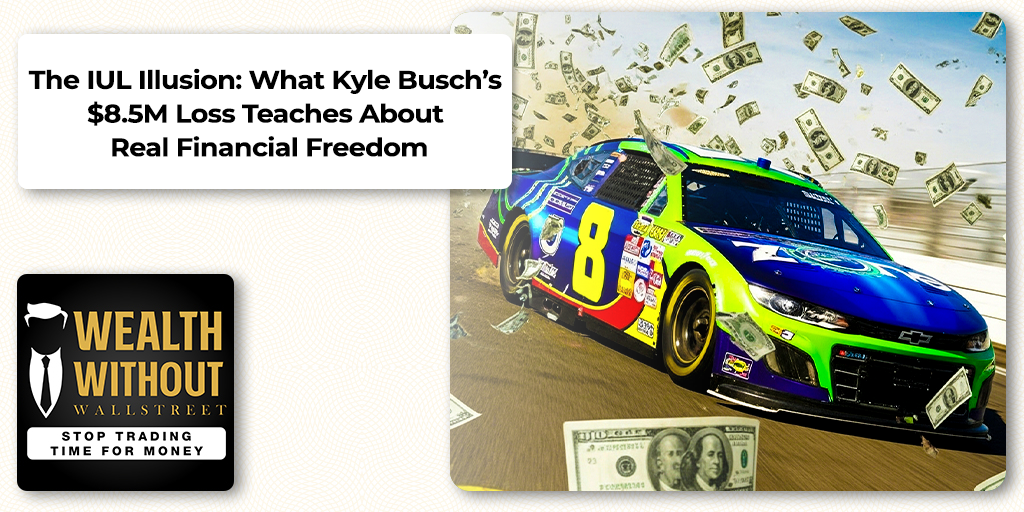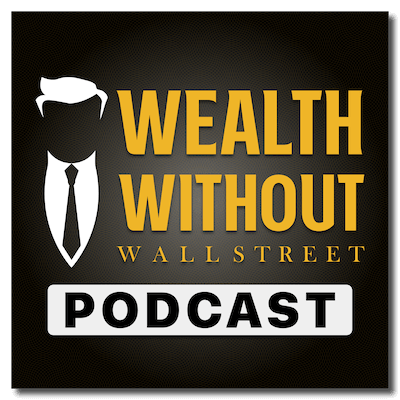
Round Table | Man in the Mirror: Busting Retirement Myths
When it comes to saving for retirement, most people rely on 401k and IRA. Also, most retirees think if they withdraw only 4% of their retirement money each year, they'll have enough to last a lifetime. But, that's not true in many cases. If you want to live confidently, both today and well into the future, you may have to reevaluate your financial plan. Figuring out the best retirement plan and withdrawal strategy involves many considerations like your current finances, future income, and life goals. Your plan may also change as your circumstances change. Also, why wait until you reach retirement age to enjoy the money you've been saving up when there's a way to do that today? If you want to learn how to make better financial decisions to secure your future, this episode is for you.
-- Want to go even deeper into the conversation? Join our IBC Inner Circle Group membership and gain access to our live podcast recordings, interactive Hot Seat guests on the topics, and exclusive Q&A sessions with other members and our coaches. Join here: https://wwws.link/inner-circle-sign-up

























